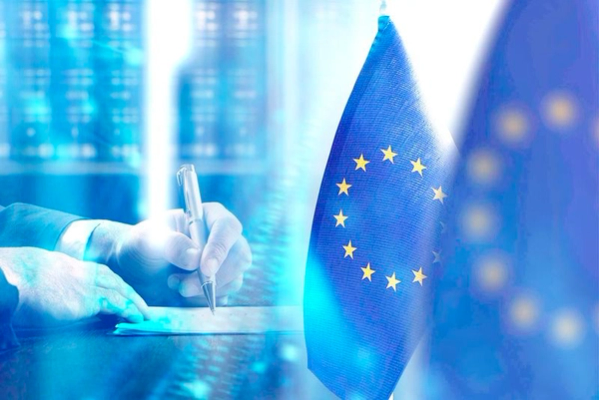October 2023

On October 20, 2023, the European Commission published its final version of the Delegated Regulation on conducting Independent Audits for Very large Online Platforms (VLOPs) and Search Engines (VLOSEs) under the Digital Services Act (DSA). The rules seek to provide guidance to audited providers and auditors on the audit process, reporting templates, and procedural details. Holistic AI, a leader in AI Assurance and Algorithm Auditing, offers independent annual audits and other compliance services to covered entities under the DSA. The company provides customized solutions to assist businesses in complying with the regulation and offers a Final Audit Report with operational recommendations and risk analysis.

New York City Mayor Eric Adams and Chief Technology Officer Matthew Fraser have released an AI Action Plan for responsible AI in city government, which defines AI as an umbrella term for a range of technologies that make predictions, inferences, recommendations, rankings, or other decisions with data. The plan sets out seven key initiatives, including designing a governance framework, educating and empowering the public, and supporting AI implementation within city agencies while ensuring due diligence in procurement. The publication of the plan follows previous efforts in the city to manage the risks of AI, such as developing a framework for identifying algorithmic tools and enforcing independent bias audits of automated employment decision tools.
September 2023

The International Organisation for Standardization (ISO) and the International Electrotechnical Commission (IEC) have released a new AI standard, ISO/IEC 22989, to the public. The standard aims to provide a shared vocabulary and framework for essential AI concepts, promoting dialogue between stakeholders and paving the way for technical standards focused on responsible AI development and deployment. The standard defines more than 110 key concepts in the field of AI and clarifies the importance of multi-stakeholder consultations and the need for standardisation due to the lack of global alignment and consensus on crucial issues. Holistic AI can assist organisations in operationalising technical standards at scale to ensure AI systems are developed and deployed safely, effectively, and in line with compliance obligations.

Over 110 AI, data governance, and civil rights academics have signed an appeal calling for all AI systems under the EU AI Act to undergo a Fundamental Rights Impact Assessment (FRIA). The appeal, from the Brussels Privacy Hub, aims to mitigate the risks associated with AI deployment through comprehensive ex-ante safeguards. Passed by the European Parliament on 14 June 2023, the final version of the EU AI Act is expected to be finalised by the end of the year, with penalties of up to €40 million or 7% of global turnover for non-compliance. The appeal also calls for the development of criteria for evaluating the impact of AI on fundamental rights, transparency on FRIA results, and participation and involvement of end-users and independent public authorities in the impact assessment process, among other provisions.

The U.S. Senate Subcommittee on Privacy, Technology, and the Law held a hearing titled "Oversight of AI: Legislating on Artificial Intelligence" to discuss the need for regulation of AI. Senators Blumenthal and Hawley announced a bipartisan legislative framework to address five key areas: establishing a licensing regime, legal accountability for harms caused by AI, defending national security and international competition, promoting transparency, and protecting consumers and kids. The hearing also addressed the need for effective enforcement, international coordination, and protecting against election interference, surveillance, and job displacement. Compliance requirements for companies using AI are expected to evolve with the new AI regulations.